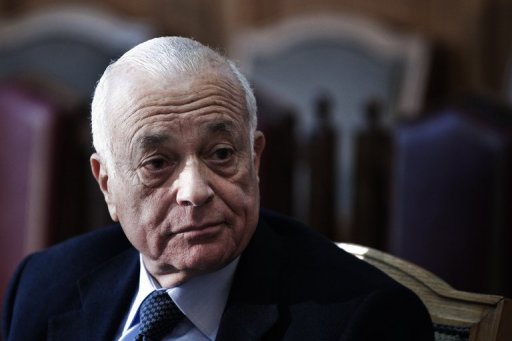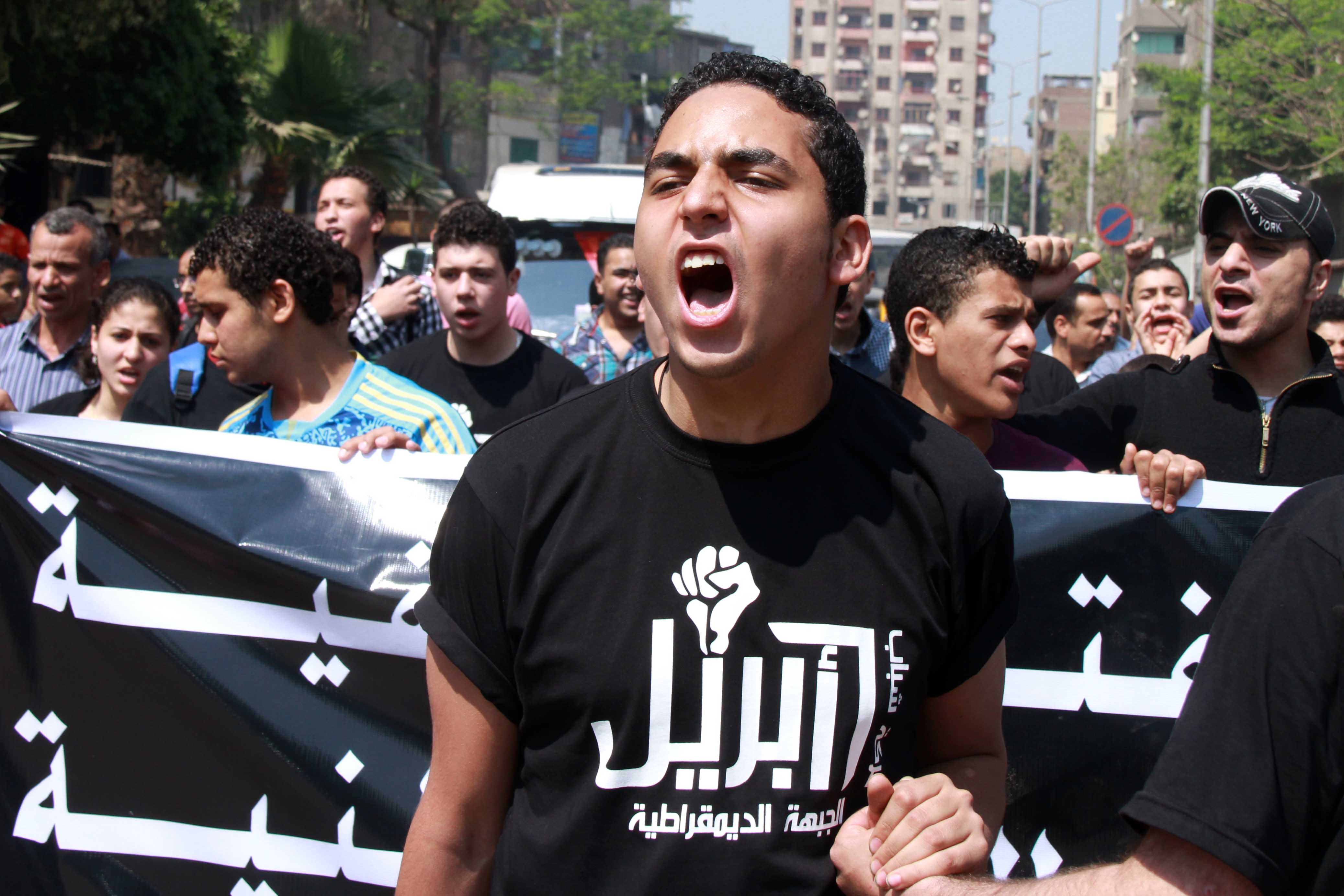“We are never going to solve the heavy global issue of refugees without considering resolving military and political conflicts,” stated Arab League Secretary General Nabil El-Araby Thursday, in an international press conference.
El-Araby stated that political stability is the most important challenge facing refugees which affects their human situation, and that a large part of the responsibility of reaching ceasefires falls on the UN Security Council.
This requires a comprehensive strategy, which is not only based on joint efforts of the international community in the face of armed groups and terrorism, but also the different aspects of the issue, whether they are political, social or human.
The issue of Syrian refugees was on top of the agenda of the press conference hosted at the Arab League headquarters in Cairo in coordination with UN Women Egypt. It aimed at responding to international blames of Arab countries that they are “not doing enough” and trying to lay off responsibility to European countries.
“Foreign media reports have led a campaign against Arab states that is not based on reality. Countries like Lebanon, Iraq, Egypt, are currently hosting over 4 million refugees, in addition to financial assistance by Gulf countries,” El-Araby said.
Media have recently focused on Gulf countries not taking in any refugees, while Europe struggles with the influx of large numbers of Syrian refugees.
This comes as the UNHCR has urged Europe to “unite an European emergency response to change the course of dealing with the refugees crisis,” according to two statements this week.
“The mayhem on the Serbian border with Croatia, which has since closed some entry points, and Wednesday’s dramatic situation on the Hungarian border, demonstrate the chaos and confusion being caused by the absence of a coherent and united response to Europe’s refugee situation,” UNHCR said.
Mervat Al-Tallawy, president of the Egyptian National Council for Women Rights (NCWR) also spoke during the press conference, on her visits to refugees camps. “Look at a country like Lebanon which has a population of 4 million and is hosting slightly over 1 million refugees, officially registered, let alone those who are not,” Al-Tallawy said.
“Moreover, we have all failed to give the issue proper attention and priority, and we have been focused so much on the political aspect, rather than the human side,” Al-Tallawy said while presenting the efforts of the Arab League towards improving the situation of refugees in Arab states. She said it was strongly supported by civil society organisations on top of which the UNCHR and UN Women.
Al-Tallawy said though that refugees suffer from poor living conditions, long-term inability to educate their children, as well as some obstacles in financial aids that often do not reach refugees.
In a short film showed at the conference on refugees camps, Syrian men and women spoke of the problems they were facing such as their inability to make their stay in other countries legal due to requirements of official documents and other papers that are “not possible” to obtain.
Furthermore, many of the families have been divided into different areas, as they live in dire conditions with no public services and a lack of reach in humanitarian aid, to the extent that one woman said “there was not much difference between camps and living under ISIS.”
“The Palestinian mass displacement was because other people wanted to take over their lands, so we ask ourselves if the Syrian displacement is a strategy to replace them with other people,” Al-Tallawy stated.
She added that the coming approach to the issue is to enhance little development projects that would empower refugees, especially women, to manage their lives in the camps, and provide for their children.
UNHCR said there were more than 442,440 refugees and migrants who arrived in Europe via the Mediterranean so far this year, 2,921 deaths, and 4000 people arriving on the Greek islands daily.



